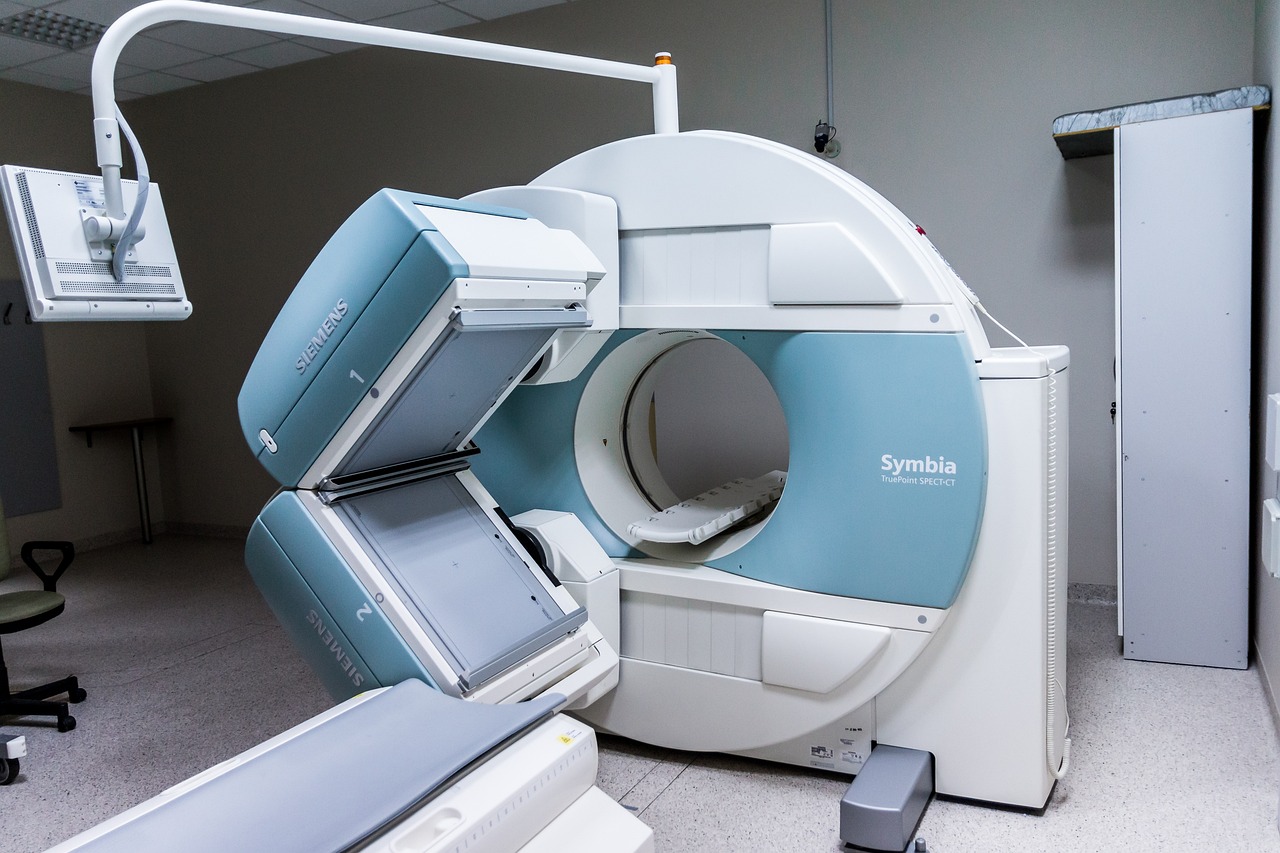Life has Been Like a Country Western Song
My condo was hit by Hurricane Ian in October. Less than a month later, it was hit again by Tropical Storm Nicole. I have a dog whose bark is shattering and a cat who likes to bite. The car dealer can’t find the title for the minivan I’m leasing, and about two weeks ago, someone scratched the side of it while it was parked — a hit-and-run. Oh, and Christmas…Continue Reading









